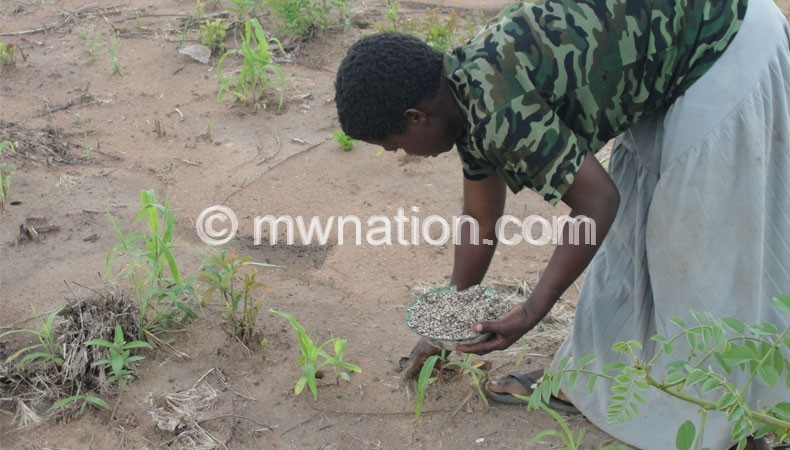Malawi not doing well in organic agriculture
Malawi Organic Growers Association (Moga) executive director Stanley Chidaya says despite the market for organically grown crops in the world growing steadily every day, Malawi is not doing enough to take advantage of the situation.
Moga, formed in 2000, encourages farmers to grow crops without using synthetic fertilisers because most European countries prefer organically grown crops compared to those grown using synthetic fertilisers.

Currently, Moga has secured markets in Germany, China and other European countries for farmers growing rice, coffee, macadamia, tea, legumes as well as horticultural crops.
Chidaya said the world market for organic crops is currently at $80 billion because more people are interested in consuming crops without health risks.
“Currently, we are working with 23 000 farmers who have adopted this system of growing crops. Most of them are in the Central Region followed by the North and the South in that order. These farmers are growing crops such as garlic, ginger, cereals, maize, soya, legumes, coffee, tea and vegetables. By 2018, we want to reach as many as 120 000 farmers because the market in Europe is huge,” he said.
Chidaya said neigbouring countries are doing well in organic farming, with Tanzania and Kenya, registering farmers each and Zambia and Zimbabwe also recording more farmers than Malawi.
“In fact, we refused to host the Africa Organic Farming Conference, which was supposed to take place in 2015 because we are just not ready.
“There is a lot that we need to do so that when we host the conference, our visitors should know that we are serious with organic farming,” he said.
Chidaya said some people have the misconception that without using synthetic fertiliser, the country cannot develop.
“The materials for producing organic fertilisers are found at household level. These are things like animal manure, agricultural wastes such as maize stalks, leaves and other locally found materials which can help government save a lot of resources by reducing Fisp [Farm Input Subsidy Programme] beneficiaries,” he said.





